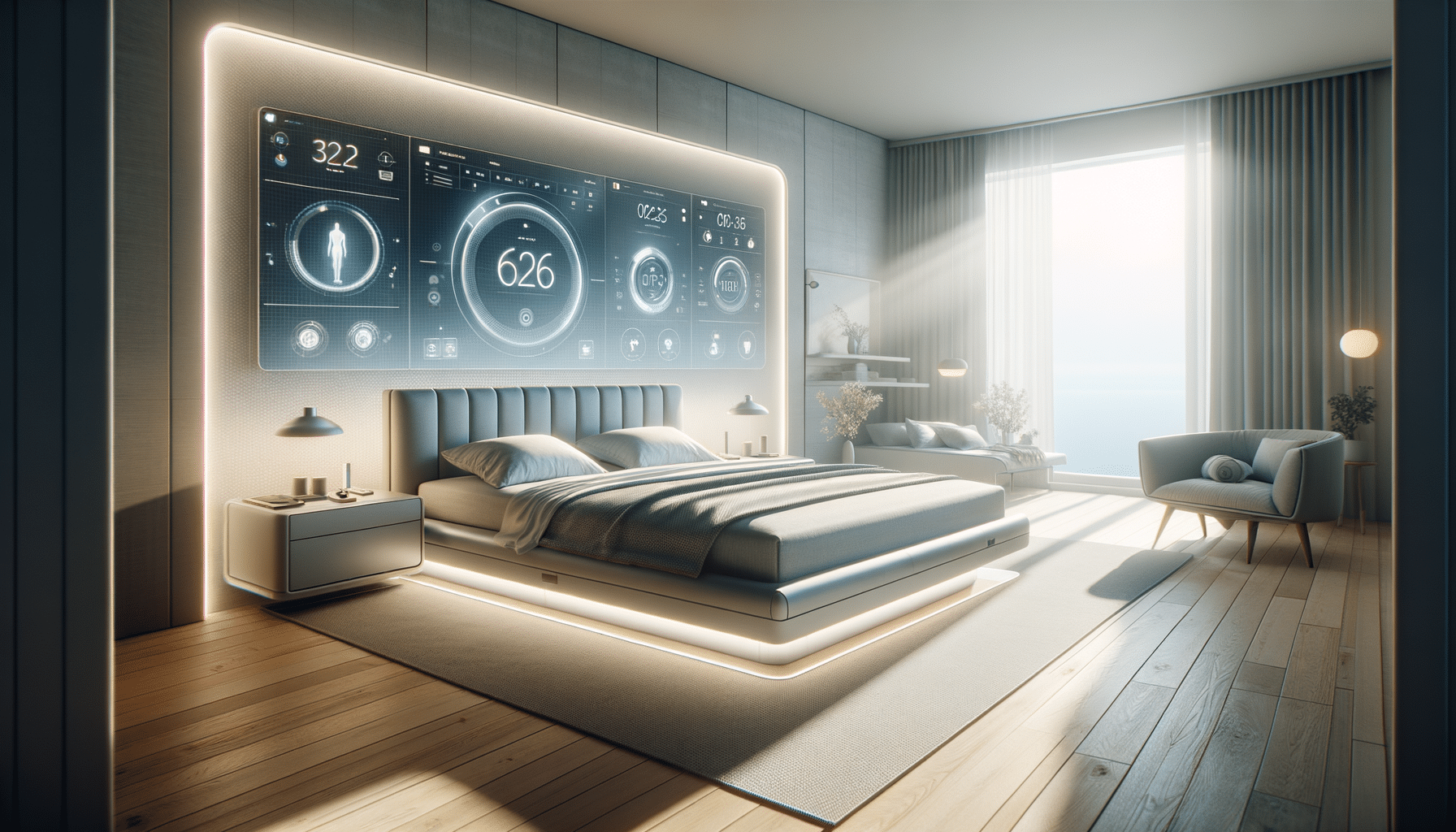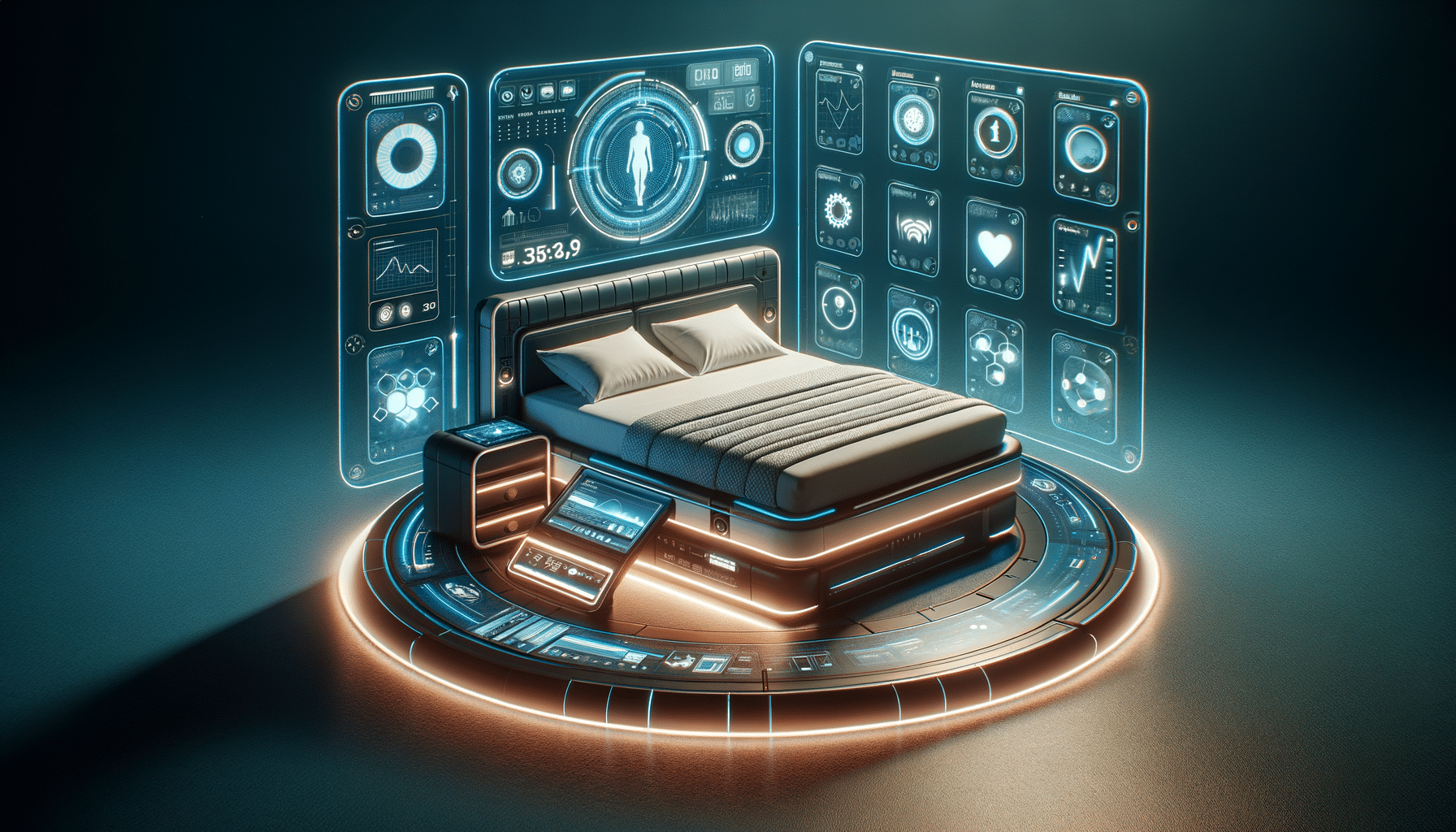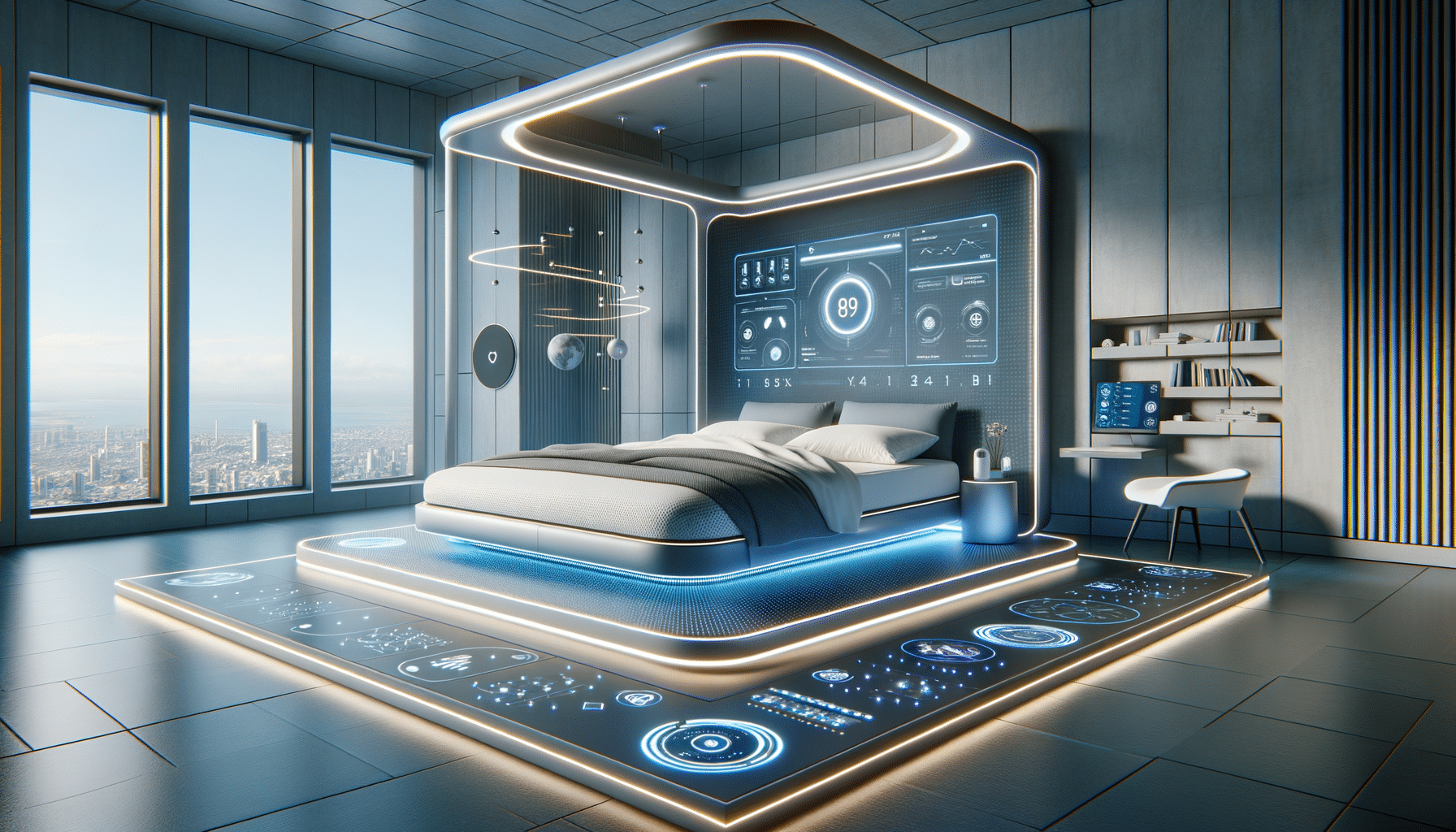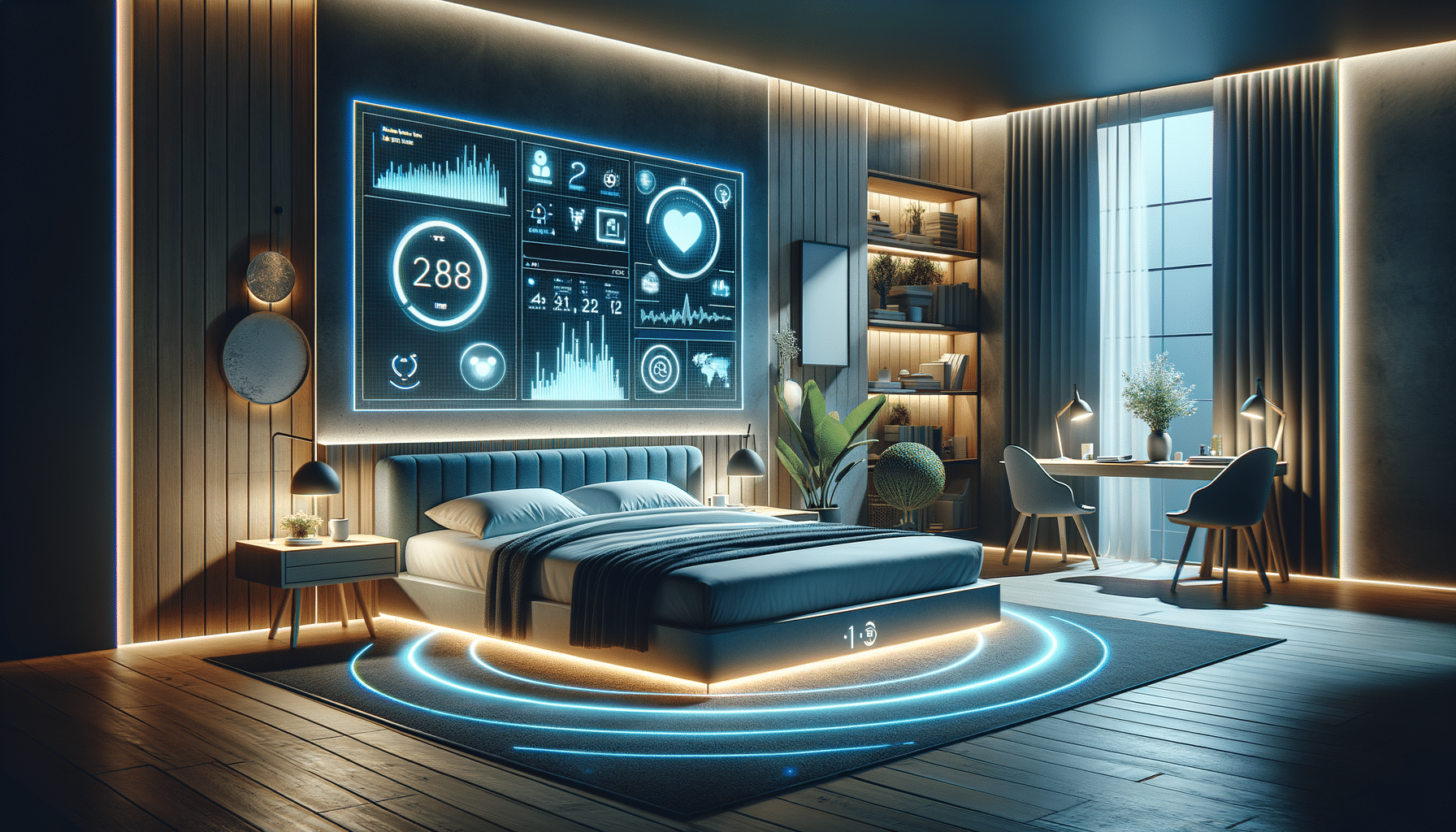
Exploring the World of Smart Beds: A New Era of Sleep Technology
Introduction to Smart Beds
In the ever-evolving world of technology, smart beds have emerged as a groundbreaking innovation in the realm of sleep solutions. These beds are not just about providing a comfortable place to rest; they integrate advanced technology to enhance sleep quality and overall well-being. With features like sleep tracking, temperature control, and even snore detection, smart beds are designed to cater to the diverse needs of modern sleepers.
Smart beds represent a convergence of comfort and technology, making them a sought-after choice for those looking to optimize their sleep environment. As our lives become increasingly fast-paced, the demand for innovative solutions that promote better rest and recovery has never been higher. This article delves into the various aspects of smart beds, exploring their features, benefits, and the impact they have on our daily lives.
The Technology Behind Smart Beds
Smart beds are equipped with an array of sensors and connected technologies that work together to create a personalized sleep experience. These technologies include:
- Pressure Sensors: These sensors adjust the firmness of the mattress based on the sleeper’s position, ensuring optimal support throughout the night.
- Temperature Control: Integrated systems allow users to adjust the bed’s temperature, promoting a comfortable sleeping environment.
- Sleep Tracking: By monitoring sleep patterns, smart beds provide insights into sleep quality and duration, helping users make informed decisions about their sleep habits.
One of the most intriguing features of smart beds is their ability to connect with other smart home devices. This integration allows users to control their bed settings through a smartphone app or even voice commands. As technology continues to advance, the capabilities of smart beds are expected to expand, offering even more personalized and efficient sleep solutions.
Health Benefits of Smart Beds
The health benefits of smart beds extend beyond just a good night’s sleep. By providing personalized support and comfort, these beds can help alleviate common sleep-related issues such as back pain and insomnia. Additionally, features like snore detection and automatic adjustments can significantly improve breathing patterns during sleep.
Smart beds also play a crucial role in monitoring health metrics. By tracking heart rate and breathing patterns, they offer valuable insights into the sleeper’s overall health. This data can be particularly beneficial for individuals with chronic health conditions, as it allows for early detection of potential issues and facilitates proactive health management.
Moreover, the ability of smart beds to adapt to the user’s needs ensures that the body is properly supported, reducing the risk of developing pressure sores or other discomforts associated with prolonged bed rest. As a result, smart beds are increasingly being recommended by healthcare professionals as part of a comprehensive approach to health and wellness.
Comparing Smart Beds to Traditional Beds
When comparing smart beds to traditional beds, several key differences stand out. While traditional beds provide basic comfort and support, smart beds offer a range of features that enhance the sleeping experience. These include:
- Customizability: Smart beds can be customized to suit individual preferences, from firmness levels to temperature settings.
- Data-Driven Insights: Unlike traditional beds, smart beds provide users with detailed sleep data, enabling them to make informed decisions about their sleep habits.
- Integration with Smart Home Devices: Smart beds can be seamlessly integrated into a smart home ecosystem, offering convenience and control at the user’s fingertips.
While the initial investment for a smart bed may be higher than that of a traditional bed, the long-term benefits in terms of health, comfort, and convenience often justify the cost. As technology becomes more accessible, the gap between smart and traditional beds is likely to narrow, making advanced sleep solutions available to a wider audience.
The Future of Smart Beds
The future of smart beds looks promising, with ongoing advancements in technology paving the way for even more innovative features. As artificial intelligence and machine learning become more integrated into sleep technology, smart beds are expected to offer even greater levels of personalization and adaptability.
Future developments may include enhanced biometric monitoring, allowing for real-time health assessments and early detection of potential health issues. Additionally, as the Internet of Things (IoT) continues to expand, smart beds are likely to become even more interconnected with other smart devices, creating a seamless and integrated sleep environment.
As society becomes increasingly aware of the importance of quality sleep, the demand for smart beds is expected to grow. This trend reflects a broader shift towards health-conscious living, where technology plays a crucial role in enhancing our daily lives. With their ability to transform the sleep experience, smart beds are poised to become a staple in modern households, offering a blend of comfort, technology, and health benefits that traditional beds simply cannot match.


